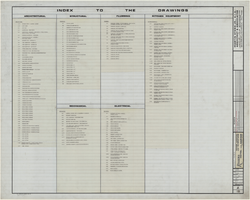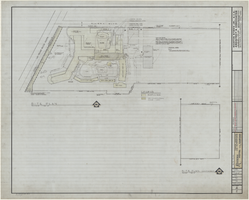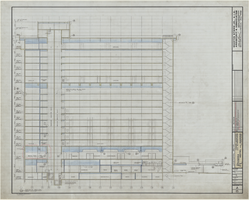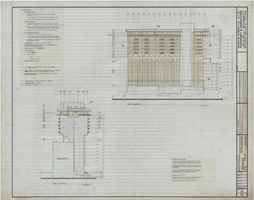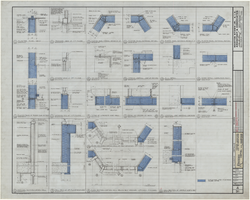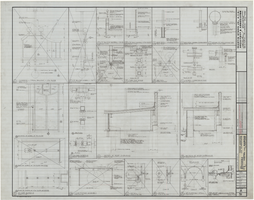Search the Special Collections and Archives Portal
Search Results
Hazel Gay oral history interview
Identifier
Abstract
Oral history interview with Hazel Gay conducted by Claytee D. White on December 02, 1995 for the Boyer Early Las Vegas Oral History Project. Gay discusses her husband being the first African-American mortician in Las Vegas, Nevada, as well as being the assistant manager at the Sands Hotel and Casino and an executive at the Union Plaza. Gay also discusses running dress shops and working as a display artist and retail clerk in other shops.
Archival Collection
James A. "Jimmy" Gay oral history interview
Identifier
Abstract
Oral history interview with James A. Gay III (Jimmy Gay) conducted by Perry Kaufman on April 12, 1972 for the Ralph Roske Oral History Project on Early Las Vegas. Gay discusses becoming the first African-American mortician in Las Vegas, Nevada and his work improving race relations, social, economic, and civic issues.
Archival Collection
Las Vegas Archival Tape Reel 14: U-matic tape, approximately 1987 January 22
Level of Description
Archival Collection
Collection Name: William Mors Audiovisual Collection
Box/Folder: Box 25
Archival Component
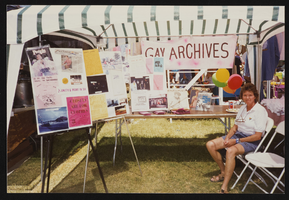
Las Vegas Gay Archives of the UNLV Lied Library Special Collections Department booth at Gay Pride: photographic print
Date
Archival Collection
Description
Image
